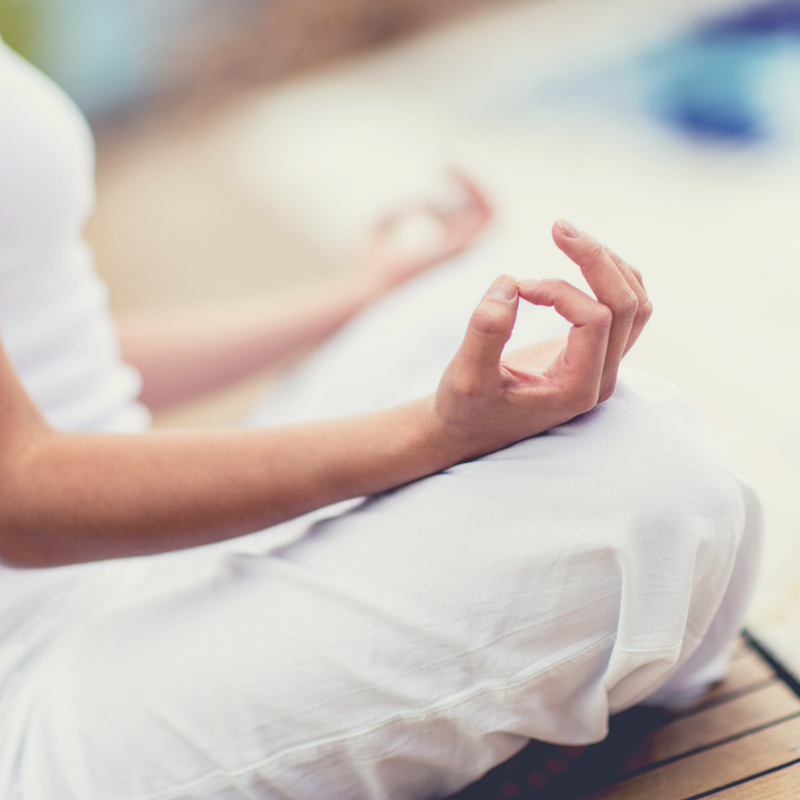Do you experience feelings of sadness, anxiety, or stress that begin to take hold of you on Sunday Night? Do you find it’s hard to get out of bed or find the motivation to get moving Monday Morning? If so, you may be experiencing what is commonly known as the “Monday Blues”. The phenomenon of the ‘Monday Blues’ has been well researched and several authors have written books on how one can shift their mindset at the start of each week to overcome these feelings to manifest a more positive outlook. International Author and speaker on Happiness at Work, Alexander Kjerulf, described the Sunday blues as “a set of negative emotions that many people get at the start of their workweek, it contains elements of depression, tiredness, hopelessness, and a sense that work is unpleasant but unavoidable”.
In addition to the regular Monday Blues (the third Monday in January) has been termed ‘Blue Monday’ and is noted as “the most depressing day of the year where we are all at our most melancholy” according to a psychologist, Dr. Cliff Arnall. The December holiday bills have arrived, the days are shorter, colder, and sunshine is often in short supply. The good news is by recognizing you are feeling this way you can proactively take steps to minimize those Monday Blues.
Here are 7 Ways to Beat the Monday Blues:
- Maintain Consistent Sleeping Patterns Throughout the Week. Scientists have discovered that the disruption in sleeping patterns on the weekend can make Mondays more challenging. By sleeping in on the weekends you create a disruption in your sleeping patterns which makes that Monday morning alarm clock that much harder to wake up to. So the extra sleep makes us feel more tired, unmotivated, and feelings of brain fog also on Monday morning instead of feeling rejuvenated. Instead, maintaining a healthy and consistent sleep pattern during the week can be hugely useful. Establish a night-time routine, set a time to go to bed and a time to wake up that is consistent over the 7-days and you will find you have more energy on Monday mornings.

- Slow Sunday’s Down. Sunday tends to be a day that we try and get everything done to prepare for the week ahead. Grocery Shop, Meal Prep, Laundry, Clean our house, etc. But then we have taken no time to truly slow down, relax, and mentally prepare for the work week ahead. Suddenly it’s Sunday night, you feel completely exhausted and those anxious feelings start to set in that tomorrow is Monday. Instead, try and keep Sunday a “work-free” day. Spend time with your family, do things that are deeply restful, and that you love. Move the “to do’s” for the week to Saturday which carves out a real day of rest on Sunday. Check out the 8 Ways To Reduce Stress Article to find helpful tips like grocery delivery services that can save you time.

- Move Your Body. The link between exercise and the release of feel-good chemicals such as serotonin in the brain is well documented. Exercise helps us burn off stress and better equips us to manage it. Walking & anxiety research is really intriguing, there was a study that came out of Scotland with 20,000 adults that showed one single 20-minute walking session a week reduced stress, anxiety and boosted happiness and energy in all the participants. Walking not only releases our happy endorphins but walking outside in nature can settle the mind, distract us from those persistent worrying thoughts, and forces us to pay attention to the sensations our body is feeling (like the coolness of the breeze on your skin) that can distract and calm anxious sensations.

- Meet the Vitamin D Requirements. (DSM-V). Research has found an association between the decreased amount of natural sunlight in the wintertime and the chemicals affecting mood including Serotonin, Melatonin, and Vitamin D. While most people experience some seasonal changes in mood during the winter, Vitamin D deficiency and the lack of sunlight can have significant changes in mood and behaviors. Some of the most common symptoms of seasonal depression include irritability, loss of energy, increased feelings of fatigue and appetite changes (especially a craving for foods high in simple carbohydrates). A proactive strategy is to take a Vitamin D supplement during the long, cold winter months to guard against this deficiency which can make not only Monday’s but every day hard to get out of bed in the winter. Consult with your Naturopath or Health Store Consultant on the best dose for you.

- Consume a High Protein & High Fiber Breakfast. We all know that breakfast is so important in the morning, but for those that experience depression or ‘Monday blues,’ it is even more crucial. Consuming a high fiber and high protein diet can support balanced blood sugars in the morning and help reduce feelings of anxiety. When our blood sugars drop, they can mimic the symptoms of anxiety which does not help our mental health on the way to work. Check out this easy Maple, Quinoa Breakfast Porridge or if you are tight on time check out these 5 breakfast recipes, made in under 5-minutes, with less than 5-ingredients to help get you pumped up on Monday mornings.

- Increase Feel-Good Foods. Throughout the week be sure to consume foods that support our body’s ability to manage stress. Magnesium is known as the anti-stress mineral, we are often deficient in it today due to industrialized agriculture and the depletion of mineral content in our soil. Research has found those with diagnosed anxiety are also often deficient in this mineral, the signs of magnesium deficiency itself include anxiety, insomnia, and muscle aches. So, increasing daily consumption of nuts and seeds, beans, quinoa, and dark green leafy vegetables like beet greens are great ways to increase magnesium. Check out the article on How to Consume Beet Greens for some helpful ideas.

- 7. Incorporate Self-Care & Joy. Our mindset can be a powerful tool in how we emotionally, mentally, and physically feel. Taking time on Sunday to incorporate Self-Care can have beneficial impacts on developing a positive mindset for the week ahead. This is something unique to each person. Some people find meditation, affirmations, yoga, and journaling to be hugely beneficial. If these are new concepts to you, there are a ton of great free apps that you can download to your phone which walk you through basic meditation and deep breathing exercises to get you started. Singing, painting, and even dancing are creative outlets that can increase the feeling of joyfulness. Grab the Self-Care 101 article to learn how to start developing a self-care routine that best suits your needs. Shifting to a positive mindset can minimize those ‘Monday Blues’ feelings with practice.

Incorporate one or all of these tips to start a mindful practice of beating those dull Monday mornings, boost energy, and improve mental and physical health. I hope you find this article useful and would love to hear other ways you take care of yourself during times of stress? Leave a comment below.
SaveSave
SaveSave
SaveSave
SaveSave


